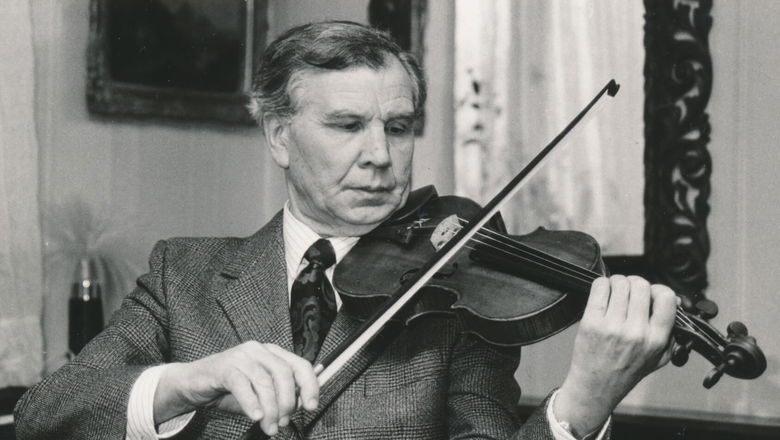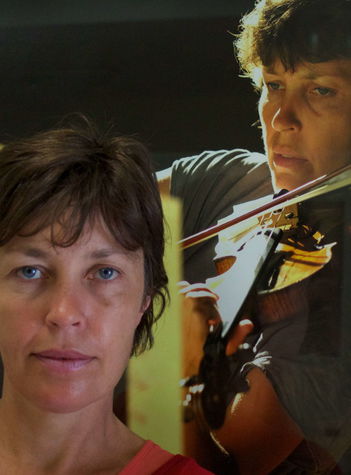The Wihan Quartet has been described by International Record Review as: "one of the best quartets in the world today." In 2015 the Quartet celebrated 30 years since its formation, and over the years it has developed an outstanding reputation for the interpretation of its native Czech heritage, and of the many classical, romantic and modern masterpieces of the string quartet repertoire.
The Quartet’s recording of Dvorak Op.34/Op.105 was chosen as a "Recording of the Year" by MusicWeb International and BBC Music Magazine said of their Dvorak Op.61 recording: "This is the finest recorded performance I have encountered to date" The Wihan’s release of Schubert G Major received an "Outstanding" from International Record Review and The Sunday Times said of the recording: "This is playing of the highest quality…..Their tempo allows you to savor to the full the harmonic richness of this extraordinary music."
During the 2012/13 season the Quartet was Czech Chamber Music Society Resident Ensemble at the Rudolfinum Dvorak Hall, Prague. In 2008 the Quartet completed the first ever cycle of Beethoven Quartets in Prague and also repeated this cycle at Blackheath Halls, London. This landmark series of Beethoven concerts in Prague was recorded for release on CD and DVD for Nimbus Alliance and received many accolades.
The Wihan Quartet has won many International Competitions including The Prague Spring Festival and the Osaka "Chamber Festa". In 1991, they won both the First Prize and the Audience Prize in the London International String Quartet Competition. The Quartet are the "Richard Carne Quartet in Residence" at Trinity Laban Conservatoire of Music and Dance, London. They are also great supporters of the work of the CAVATINA Chamber Music Trust, which gives inspirational concerts and master classes to young people in many parts of the UK.
Jiří Zigmund, retired from the Wihan Quartet in 2014. The Quartet was very fortunate to find an excellent viola player in Jakub Čepický, son of Leoš, and his first recording with the Quartet of Suk, Dvorak and Janacek was released on Nimbus Alliance in 2016: "the Wihan Quartet give a very special performance of Dvorak's last and greatest quartet.....one of the most experienced and admired of chamber ensemble, The Wihan Quartet gives a deeply considered ensemble performance. The sweetness of tone achieved in the Adagio is remarkable and the first movement has irresistible impetus.....this CD shows the Wihan to be in fine form....." BBC Music Magazine, May 2016.
In 2017, after 32 years as a member of the Wihan Quartet, cellist Ales Kasprik retired from the Quartet. The Quartet have been very fortunate to find a wonderful cellist to perform with them: the excellent Michal Kanka, cellist with one of the best Czech string quartets, the Prazak Quartet.




